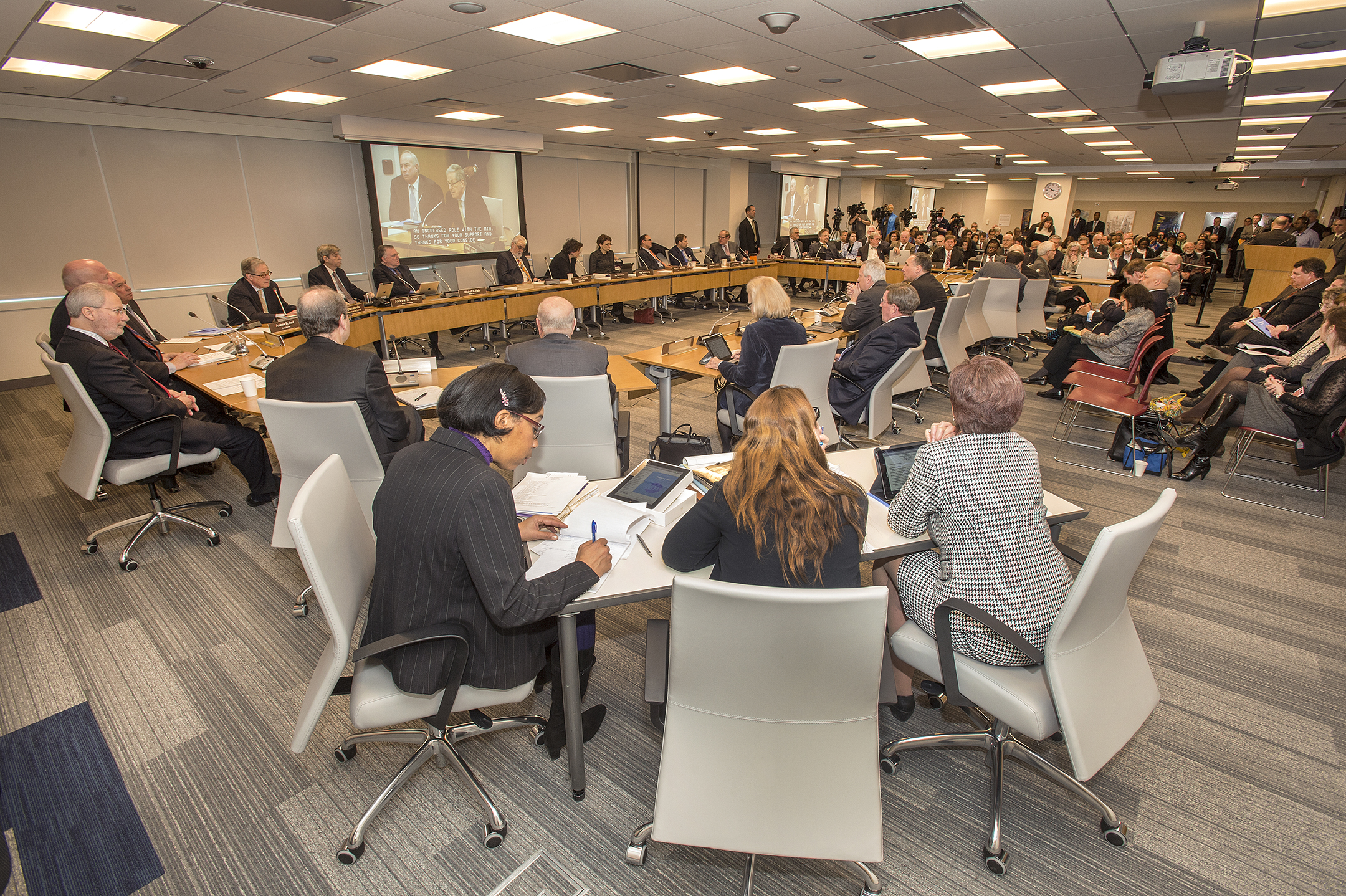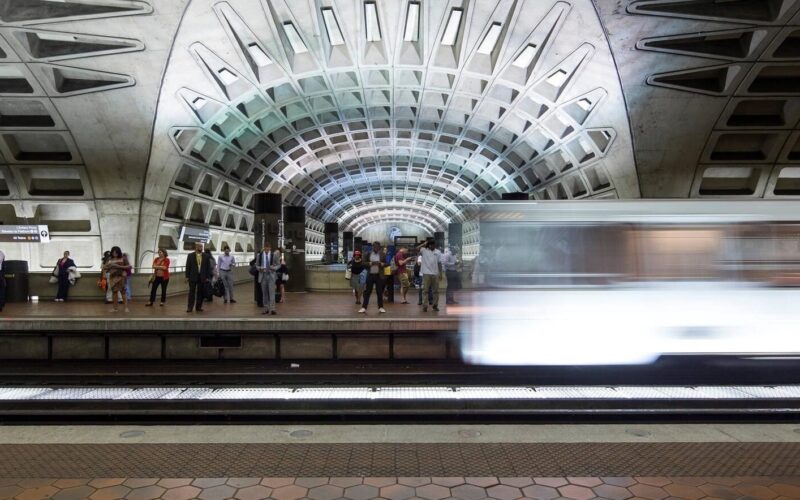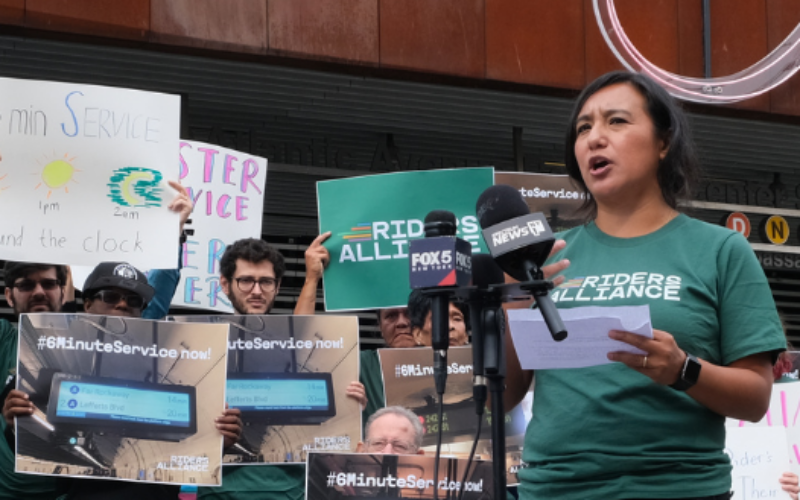
TransitCenter has partnered with Reinvent Albany to look into governance problems at New York’s Metropolitan Transportation Authority (MTA) that may contribute to the fiscal, infrastructure and service problems that are so apparent in day-to-day NYC subway and bus transportation. Reinvent Albany is a good-government watchdog focused on transparent and accountable public institutions in New York State.
An initial piece of Reinvent’s work is posted here. It takes a look at the MTA’s policies and practice regarding conflicts of interest, revolving doors between MTA decision-makers and major transportation contractors and contributions to political campaigns by MTA board members. MTA conflict of interest policy has been in the news recently because of Joe Lhota’s ambiguous status as unpaid MTA chairman. He held a similarly-titled post in 2012 as salaried employee. The revolving door between top positions in the MTA and major transportation companies doing business with the agency featured strongly in the NY Times’ December 2017 expose of world-record MTA construction costs.
Recommendations in the overview of the investigation include clarifying Lhota’s position with the MTA with regard to NY State law and MTA policy, revisions in conflict of interest policy to achieve consistency in how it is are applied to senior staff and members of the board of directors, more transparency in the specifics of what the MTA considers a conflict of interest and reaffirmation of ban on campaign contributions to gubernatorial candidates or sitting governors from MTA board members and its extension to their families and businesses.
The analysis and recommendations are very specific to New York State law and the NY Metropolitan Transportation Authority, but we think they represent valuable general templates and lessons for anyone looking at the functions and institutional settings of a transit agency board of directors. Many states and transit systems may not have the legal requirements for transparency that decades of good-government advocacy have wrought in New York, so even the references to existing law and policy may be of interest and use. A clear lesson throughout, though, is that the price of transparency and ethical governance is eternal vigilance by citizens and non-governmental groups.
WARNING: The attached document contains medium-length citations of law!
 On the Brink: Will WMATA’s Progress Be Erased by 2024?
On the Brink: Will WMATA’s Progress Be Erased by 2024?
The experience of being a WMATA rider has substantially improved over the last 18 months, thanks to changes the agency has made like adding off-peak service and simplifying fares. Things are about to get even better with the launch of all-door boarding later this fall, overnight bus service on some lines starting in December, and an ambitious plan to redesign the Metrobus network. But all of this could go away by July 1, 2024.
Read More Built to Win: Riders Alliance Campaign Secures Funding for More Frequent Subway Service
Built to Win: Riders Alliance Campaign Secures Funding for More Frequent Subway Service
Thanks to Riders' Alliance successful #6MinuteService campaign, New York City subway riders will enjoy more frequent service on nights and weekends, starting this summer. In this post, we chronicle the group's winning strategies and tactics.
Read More